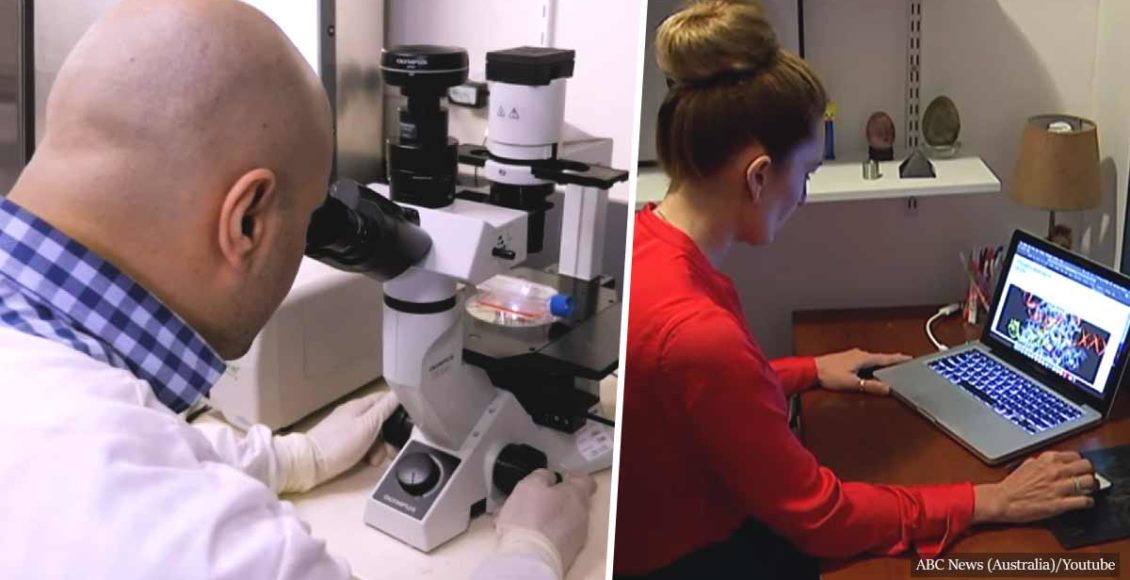Australia might have made a grand breakthrough in curing cervical cancer.
Researchers from Griffith University, Queensland, are claiming a world-first ‘cure’ for cervical cancer. They have successfully killed off tumors in mice using CRISPR gene-editing technology. Professor Nigel McMillan, the lead researcher says for ABC:
“This is the first cure for any cancer using this technology.”
The technology they use is CRISPR-Cas9. It is focused on changing the sequence of DNA in cells to correct mutations. In this case, they are using it to target and treat cervical cancer tumors in mice using ‘stealth’ nanoparticles. The professor explains that these nanoparticles search for the cancer-causing gene E7. When they find it, they add some extra DNA, so the gene gets misread, and stops being made. Once the gene is repaired, the body doesn’t recognize the cancerous cells and generates a healthy cell.
“This is like adding a few extra letters into a word so the spell checker doesn’t recognize it anymore. Because the cancer must have this gene to produce, once edited, the cancer dies.”
Nigel McMillan is glad to announce that the mice treated in their study have 100% survival and no tumors left.
The professor and his research partner Luqman Jabair, are working towards testing their ‘cure’ for cervical cancer on humans within the next five years.
Although Luqman Jabair from Iraq is still a student, he was the one who had the team’s ‘lightbulb moment of discovery’. Professor McMillan proudly says:
“He went away and did something I did not really ask him to do and he added extra treatments into the regime and it turned out to be the lightbulb moment.
…
It was a very serendipitous moment in science and they do not come along very often.”
A breakthrough like this can change the life of many people suffering from this form of cancer.
What is more, this could help the evolution of treating other cancers as well.
There are still many steps they have to take before the actual clinic stage. Professor McMillan believes that their ‘cure’ is going to be useful not only for fixing genetic disorders but also eliminating different cancer cells.
“I think this really proves that gene editing and CRISPR is going to be proved to be useful in the treatment of not only genetic disorders, but also cancer, so we are very excited about it and this will generate some hype.”



